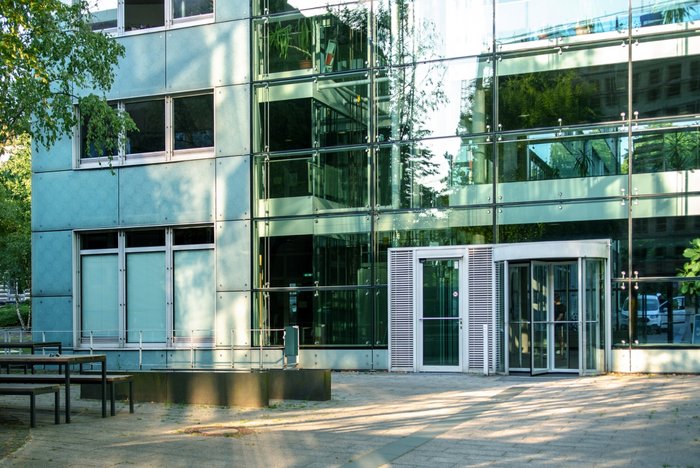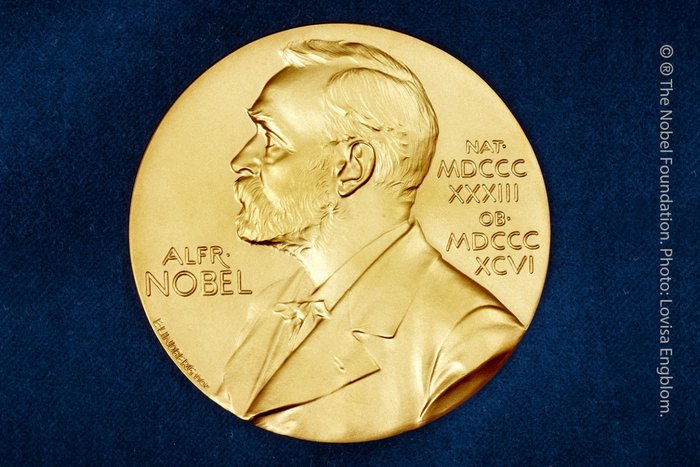Equal opportunity is one of our core values
Our institute as an attractive employer
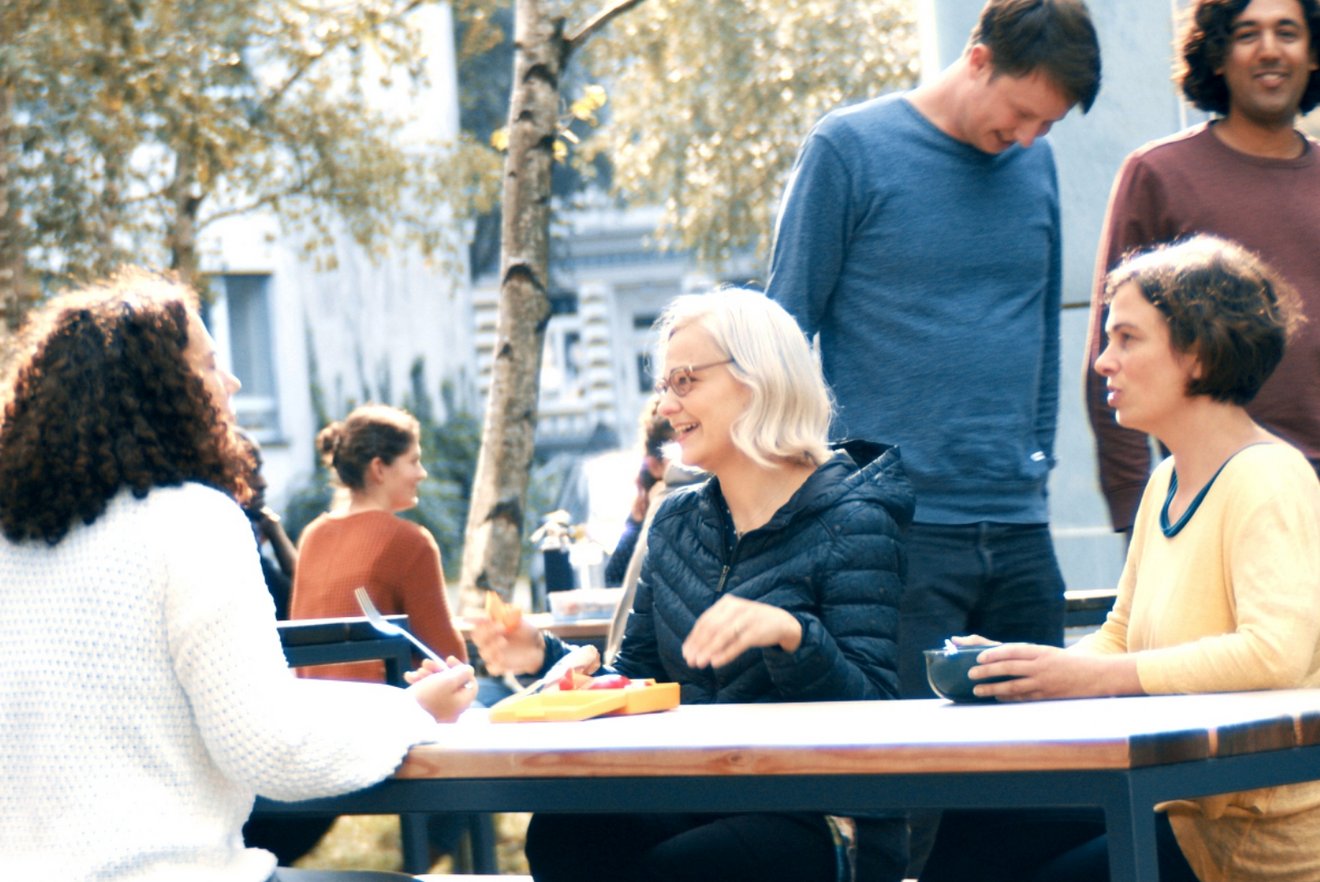
Our research requires us to seek out the most talented, creative and passionate individuals. This compels us to draw from the greatest possible pool of talent. To do so we work to expand opportunities and combat ingrained biases to help us better draw from historically under-represented populations, as therein lies the greatest untapped potential. Open and non-discriminatory cooperation, as well as an environment of equal opportunities is crucial for these efforts to be successful. As part of the chemical-physical-technical section (CPTS) of the Max Planck Society (MPG) and in line with the recommendations of the Leopoldina, a particular focus is to increase the proportion of female scientists amongst our senior scientific staff.
Equal Opportunities (EO) Officer
Why are EO Officers needed?
There are still far fewer women than men in positions of scientific leadership. This deficits has structural origins, whether it be in how the workplace and working time is organized, unconscious bias, or outright discrimination. Furthermore, despite efforts to develop plans to promote equal opportunities, the implementation of such plans is often suboptimal. These are some of the myriad issues that EO officers help the institute address.
What are the tasks of the EO Officers?
The Max Planck Society has created the position of Equal Opportunity Officers, and provides their terms of reference as follows:
"The Equal Opportunities Officer has the task of promoting and monitoring equality between women and men as well as the elimination of existing and the prevention of future discrimination on the grounds of gender in the institution. She is involved in all personnel, organisational and social measures concerning the equality of women and men, the compatibility of family and employment as well as the protection against sexual harassment at the workplace. In this sense, it also has an advisory and support function for individual employees."
Excerpt from Appendix 1 of the Gleichstellungsgrundsätze der Max-Planck-Gesellschaft
Our equal opportunity officers are the contact for all employees of the institute and they perform their duties independently of the institutes management and with discretion. The EOs are obligated to maintain confidentiality, to work in the best interests of our employees and to discard confidential information of persons no longer employed by the institute.
Developing talent
The Max Planck Society has developed a variety of programmes to promote young, particularly female, scientists, these include the Max Planck research group leader, Minerva fast-track, and Lisa-Meitner programmes. These and other measures are described in the current (and very readable) brochure "Science Careers at Max Planck". More broadly workshops, training opportunities, and aspects of German culture like the “Bildungsurlaub” support employees self development at all career stages.
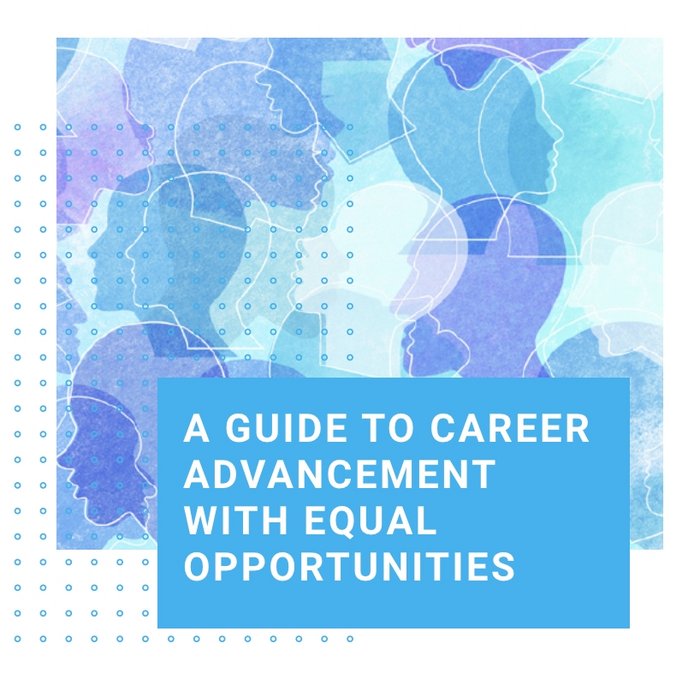
A healthy and satisfying work environment
We believe that a healthy and satisfying work environment helps our staff reach their full creative potential. To provide this environment we support the development of flexible working time models, we support our employees as they strive to meet social obligations and commitments, and provide platforms from the to engage with one another socially, for instance through sport.
To organise work in a way that respects the diverse commitments of our employees, often in their role as parents, role-models, and/or care-givers, the Institute offers the following support, among others:
Contract extension in the event of parental leave/maternity leave
In some cases, due to taking parental leave, the project and the project funds through which a scientist is employed have already expired by the time they return to work. Some project funding organisations grant a "cost-neutral contract extension" due to maternity or parental leave. Unfortunately, however, this is not always the case and parents come under financial pressure. It is therefore the policy of our institute, in cases where the project sponsor does not bear the costs, to voluntarily allow an extension from basic funding for a limited period of time within its financial means.
Childcare and Eldercare: Family Service PME
Employees at Max Planck Institutes have the opportunity to contact specially qualified counsellors who can help with questions or problems regarding childcare (for children aged 0-14) and care (homecare and eldercare). The costs for the counselling and placement services of the pme Familienservice are borne by the Max Planck Society; any childcare costs are borne by the employees themselves. Further information and the necessary form are available in the internal area.
Parent-child workroom
The parent-child workroom (room 001) provides employees with a fully equipped workplace so that they can bring their child/children to the workplace to supervise them themselves or have them supervised in short-term cases in which the care of a third party is unexpectedly cancelled (e.g. illness or absence of care-giver) or no other care can be planned (e.g. child/children of visiting scientists). The parent-child workroom also serves as a retreat for nursing room and as a quiet room for pregnant women. Visiting scientists working at our institute for a short time can also use the room.
Nursing room
In addition to the parent-child workroom, the institute also supports access to a dedicated nursing room on the 17th floor of the Geomatikum (room 1724).
Broad Networks
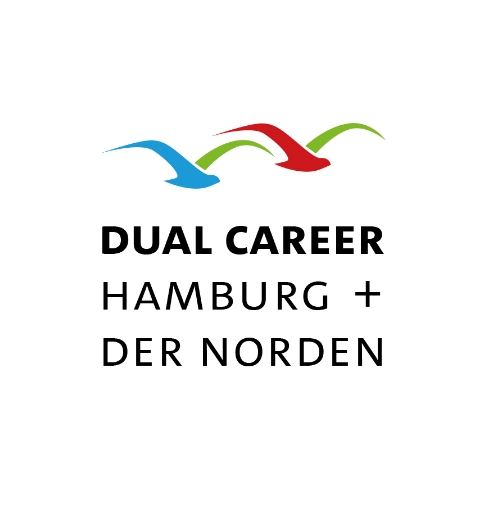
Dual Career Hamburg + the North" network
The MPI-M is a founding member of the network "Dual Career Hamburg + the North", which was launched in May 2019 under the patronage of Science Senator and Second Mayor of the City of Hamburg, Katharina Fegebank. The central goal of the network is to support science, cultural institutions and business in attracting top talent to the Hamburg metropolitan region and the North, as well as to enable working partners to find attractive job prospects in their new surroundings.
Contact persons at the MPI-M are Ulrike Kirchner and Christina Rieckers.
Minerva-FemmeNet
Positive role models, also abroad Minerva-FemmeNet is a network for female scientists of all research fields and different hierarchical levels in the Max Planck Society. It aims to pass on the experience of competent female scientists - including former members of institutes - to young female scientists in the form of mentoring. More than 300 female mentors from Germany, England, France, Spain, the USA and Japan are available on a voluntary basis to advise almost 400 mentees on all questions relating to career planning and work-life balance. This is mainly done in tandem teams.
Elisabeth Schiemann-Kolleg
Forum specifically for women scientists
The Schiemann-Kolleg aims to help women establish themselves successfully in science. However, it is aimed exclusively at excellent female scientists with their own research experience in chemistry, physics, mathematics, computer science or in a technical discipline. Ideally, they are at the end of the postdoc phase, are already supervising doctoral students as group leaders or are on their way to habilitation as junior professors. The main programme components are mentoring, networking, scientific exchange and regular plenary meetings. Mentoring takes place through one-to-one mentoring (tandem formation) and/or through group mentoring.
Sign-Up! Careerbuilding!
The Max Planck Society has developed the programme "Sign up! Careerbuilding" with the organisation EAF-Berlin. The programme is aimed at excellent female postdocs from Max Planck Institutes who are selected in a competitive process. Sign up! comprises three modules. The female postdocs are to be prepared for leadership tasks in science by training in leadership skills and imparting knowledge, and strengthened by an explicitly career-oriented network. The aim is to encourage and motivate them in their orientation phase towards an academic career and to support their individual career planning. Action strategies for career advancement are to be demonstrated in order to prepare for leadership positions in science and research. Participation is only possible after recommendation: When the call for applications is issued, directors of Max Planck Institutes propose suitable female candidates by letter of recommendation.
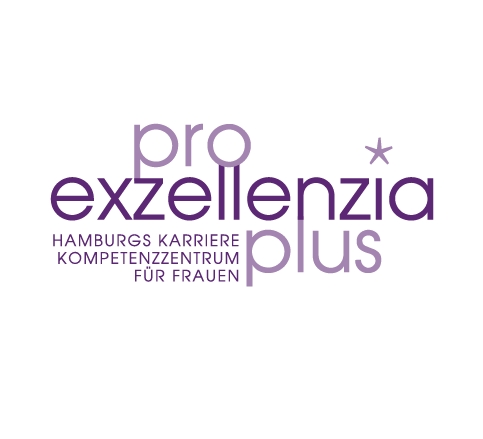
Pro Exzellenzia
The Hamburg Career Competence Centre for Women is a unique, cross-university programme in Germany for the qualification of women in leadership positions. Highly qualified women with their first residence in Hamburg from the fields of STEM, art, music, architecture and the humanities are encouraged in good time to strategically plan career paths in leadership positions and to develop strategies for a successful reconciliation of career and family. This Hamburg facility is also available to female employees of our institute.
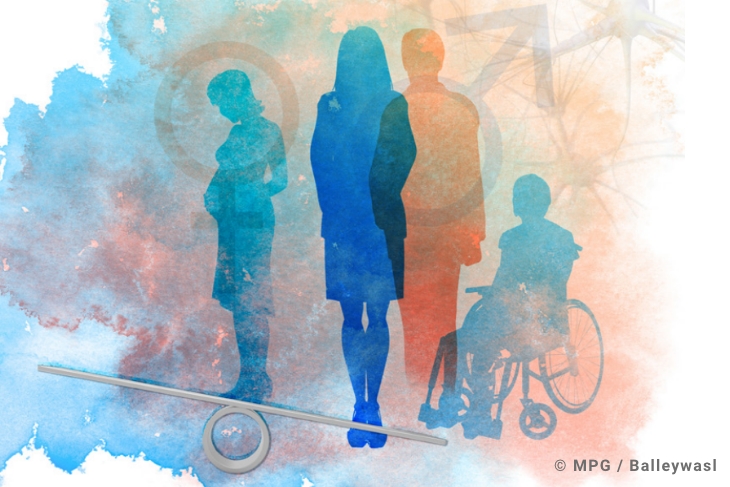
Contact
Dr. Lara Wallberg
Equal Opportunity Officer
Tel.: +49 (0)40 41173-317
lara.wallberg@mpimet.mpg.de
Olga Palienko
Equal Opportunity Officer
Tel.: +49 (0)40 41173-296
olga.palienko@mpimet.mpg.de
Dr. Lin Lin
Equal Opportunity Officer
Tel.: +49 (0)40 41173-162
lin.lin@mpimet.mpg.de
Equal Opportunities Plan
Since 1 April 2024, there has been a new Equal Opportunities Plan at the Max Planck Institute for Meteorology. It is valid until 31 December 2026.
Code of Conduct
The Max Planck Society has developed a guideline to protect against sexualised violence and harassment.


